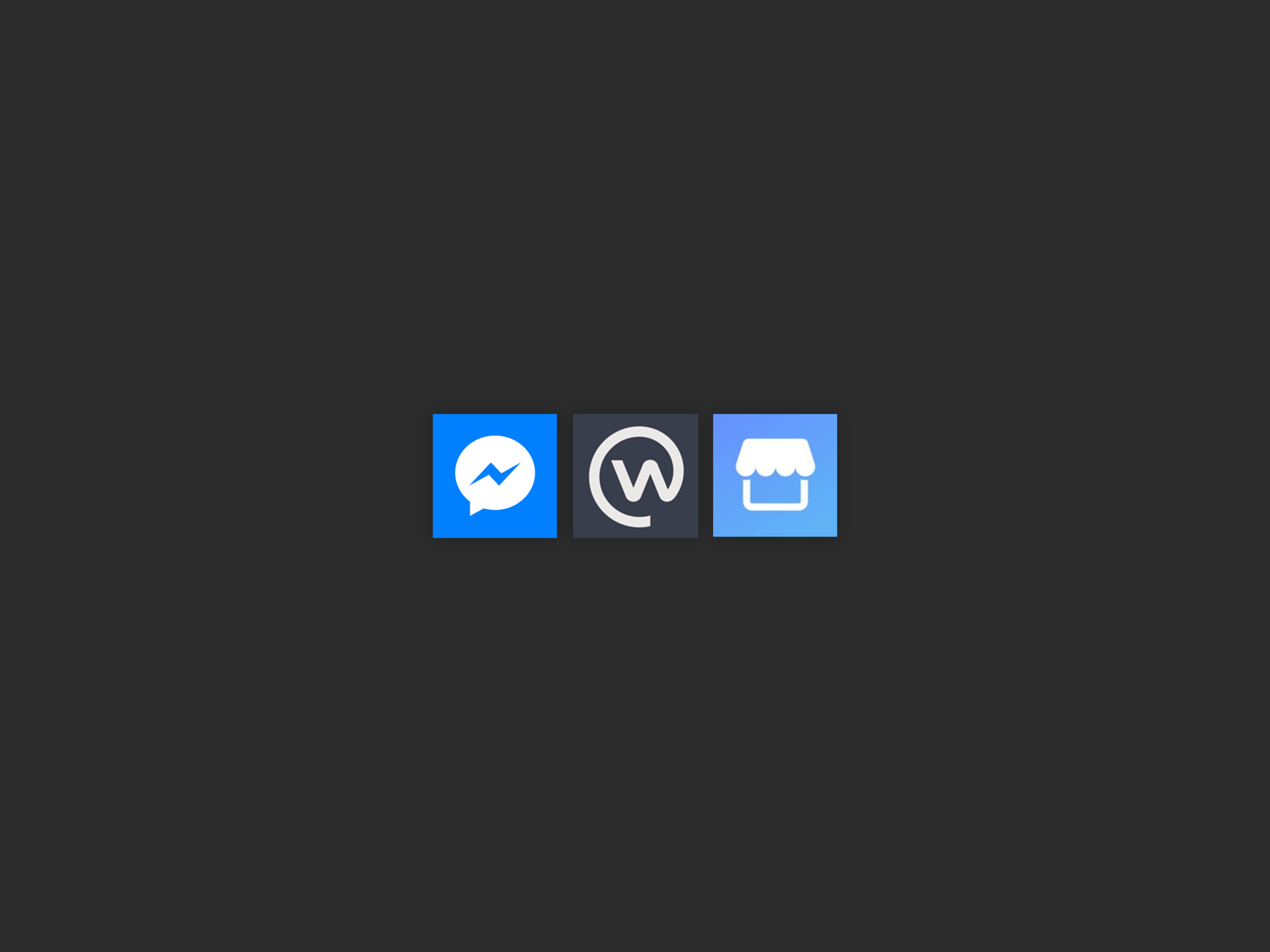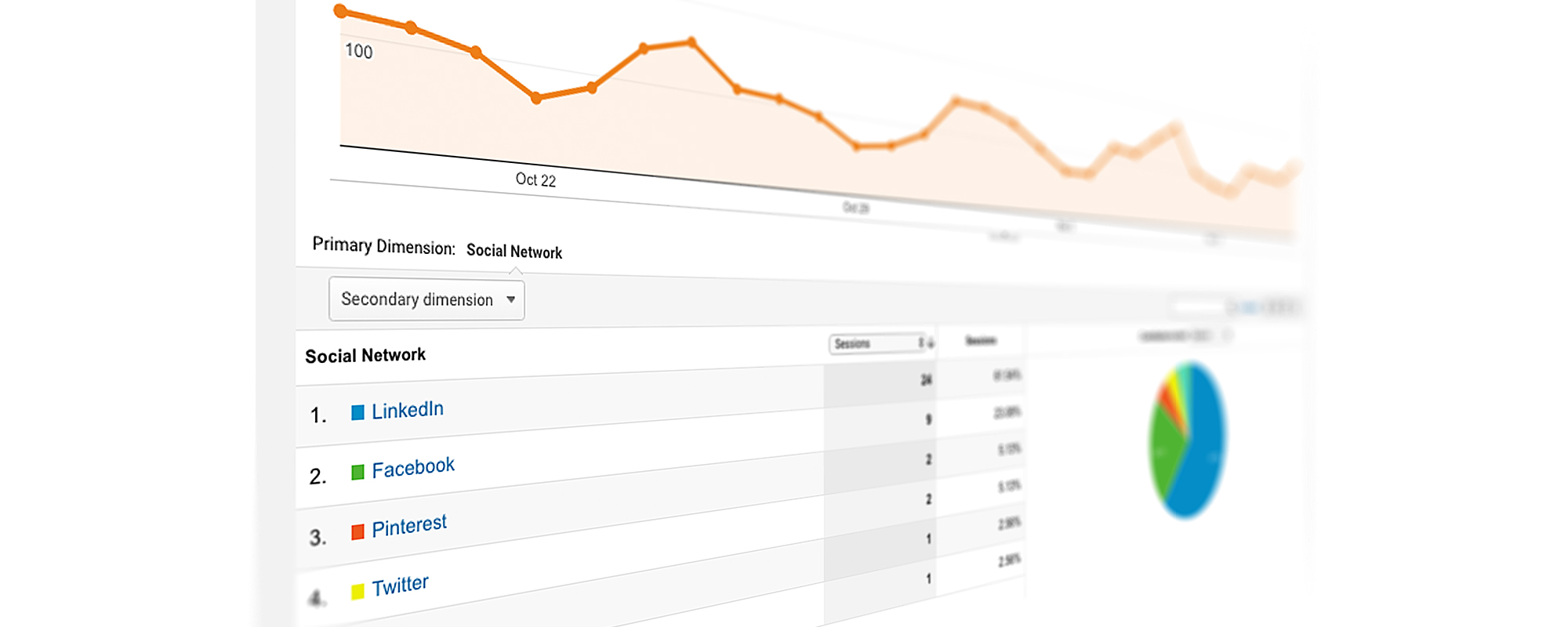Is Facebook trying to be the only platform you need?
One of the primary reasons Facebook has risen to the top of the social media food chain (outlasting predecessors like MySpace and surpassing the engagement of other platforms like Twitter) is its constant state of evolution. But it’s more than just the implementation of an algorithm-based feed, ad preference changes, and instant articles, which allow publishers to deliver a fast-loading view of an entire article without you ever having to leave the app. Three recent updates are significant in making the case that Facebook is trying to dominate your daily mobile experience.
Facebook Messenger
When Facebook realized that common social behavior strays toward private conversation (i.e. Snapchat), they slowly transitioned Facebook Messenger to its own app, taking up even more mobile real estate by causing you to download not just one, but two Facebook apps to communicate with others. It even introduced video calling to mirror Apple’s FaceTime.
Facebook Marketplace
Now a direct competitor of Craigslist, Facebook Marketplace was created based on insights that 450 people visited private buy and sell groups on the platform each year. Enter Facebook Marketplace, allowing you to browse a feed of things to buy from people who live nearby and quickly list your own stuff for sale. It’s integrated with Facebook Messenger, giving you the chance to interact with a seller or buyer while providing a leg up on Craigslist by removing the anonymity thanks to Facebook’s profiles.
Facebook Workplace
And because ruling your personal life isn’t enough, Facebook also saw and capitalized on the need to make work social. Facebook Workplace makes it acceptable to be on Facebook during office hours, with an entire platform separate from your personal profile dedicated to group chatting, video calling, and more communication options for coworkers. This is now direct competition for the already-existing work communication platform Slack, which has been dominating the workspace communication field up to this point. It will be interesting to see how many companies will ditch Slack due to the familiarity of Facebook.
Facebook is intuitive. And it’s that instinct and willingness to take significant action on behavior insights that solidifies its prominence. All of these recent updates combined make Facebook not only a powerful social tool, but also a work communication tool, photo gallery, news hub, and integrated marketplace. What more could the average smartphone-user need? If it were up to Facebook, they’d say nothing else.





